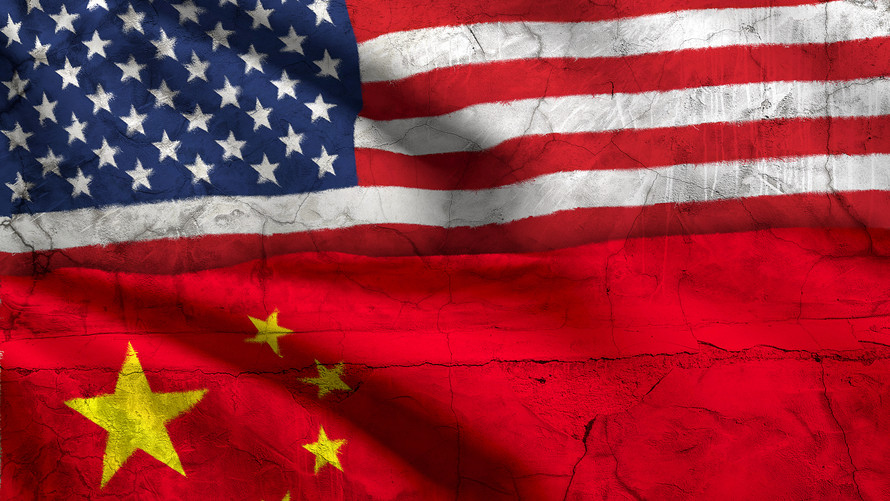
Growing trade tensions between the U.S. and China have captured the attention of investors in May, as market participants have tried to predict the effects of new export restrictions, higher tariffs, and threats of more trade barriers on corporate profits.
But according to Brian Belski, chief investment strategist at BMO Capital Markets, the nearly 5% decline in the S&P 500 SPX, -1.19% in May has largely been an overreaction, as the evidence so far says that the U.S.-China trade spat has had little effect on the bottom lines of U.S. multinational companies.
“We would continue to tell clients not to invest in their portfolio with respect to trade fears, rhetoric and innuendo, and instead stick to your process and discipline,” Belski said in a recorded presentation to clients Wednesday. “And if the market gives you an opportunity to buy those stocks that your process and discipline tell you to own longer term, you should be buying more of those.”
Belski points out that while the 25 S&P 500 companies with the largest share of sales to China have been punished this month by investors, the recent news hasn’t caused analysts of those companies to lower their profit outlooks, or to significantly lower their price targets.
Analysts have cumulatively cut their price targets for the 25 companies with the largest revenue exposure to China by just 0.5% so far this month, in contrast to the 9.5% decline in the prices of those stocks. “Revenue and earnings estimates have not changed at all,” Belski added.
He advises clients to “stay invested,” and to pay particular attention to stocks whose companies have low debt loads and pay high dividends, as such stocks tend to outperform during periods of heightened market volatility.





























